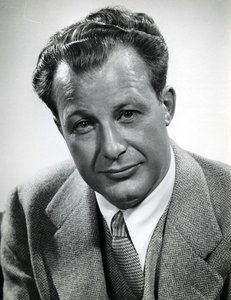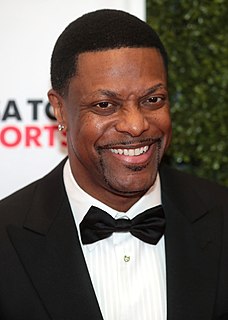A Quote by Anthony Jeselnik
About a year after I moved to Los Angeles, I decided I wanted to be a joke writer for a late night talk show. So I met with a late night joke writer and he told me that I should start by doing stand-up comedy, because that would really hone my sense of humor and joke writing ability. Eventually I took a stand-up class and a few months later I had a seven-minute act.
Quote Topics
Ability
About
Act
After
Angeles
Because
Class
Comedy
Decided
Doing
Eventually
Few
Had
Hone
Humor
Joke
Late
Late Night
Later
Los
Los Angeles
Me
Met
Minute
Months
Moved
Night
Really
Sense
Sense Of Humor
Seven
Should
Show
Stand
Stand-Up Comedy
Start
Talk
Talk Show
Took
Up
Wanted
Would
Writer
Writing
Year
Related Quotes
When I was working with Barry Sonnenfeld, I'd watch him set up a shot and talk to him about what he was seeing and what it was to shoot comedy. He told me that a lot of times with comedy, it's not just about getting the joke, but getting a reaction to the joke. That's the laugh - it's somebody's else's reaction to the joke.
The difference when I'm writing a story versus writing a joke is that writing a joke is so much more about the structure and it's less about the conversation. To me, the thing that I love about stand-up is the intimacy between performer and audience.To get it even more conversational was something that really appealed to me and that I really enjoyed doing. My early experiments with it, with just telling a story from my life on stage, it was so satisfying to do. And seemingly for the audience as well. It's a different thing, and it's a different feeling and a different vibe.
The only thing that I would say to anyone doing late night shows is - it took me a couple years then - but when you leave the studio, it's over. That's what you really have to do. After a long time, I would be like, "Maybe I shouldn't have said this," or "Maybe I shouldn't have shown this." But eventually, I got to, "Ah, f - k it." That's what it was that night, tomorrow's the next night.





























